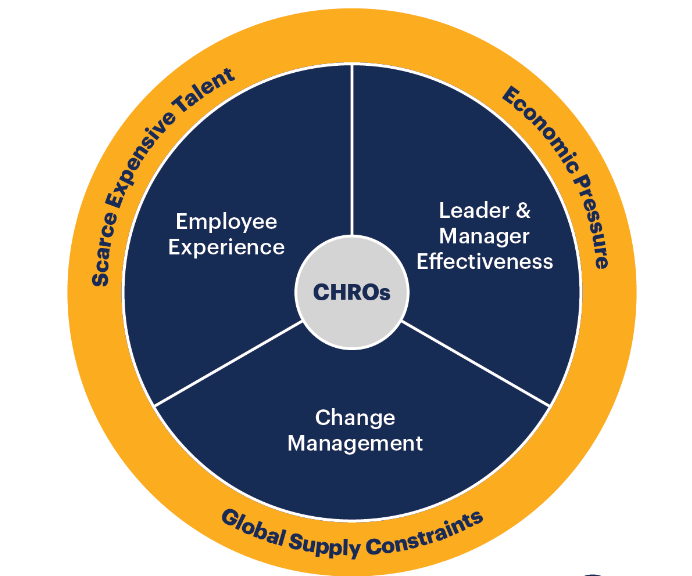Understanding Modern Outpatient GI Procedures: What Patients Need to Know Before Their Visit
As digestive health becomes a more prominent topic in preventive medicine, the landscape of gastrointestinal (GI) care is rapidly evolving. Within this dynamic field, outpatient GI procedures are playing a crucial role in early diagnosis, management, and treatment of a wide variety of digestive disorders. From advanced endoscopic techniques to routine screening colonoscopies, these procedures are increasingly being performed outside the traditional hospital setting, offering patients more convenience, comfort, and accessibility. For patients considering an outpatient GI procedure, understanding what to expect can significantly reduce anxiety and ensure a smooth experience. If you are interested in a comprehensive background on advanced digestive health centers, you might want to refer to this comprehensive background on advanced digestive health centers to explore the ecosystem of care that has made this progress possible.
Types of Outpatient GI Procedures
Outpatient gastroenterology covers a wide range of procedures, the most common of which are endoscopies and colonoscopies. An upper GI endoscopy (also called esophagogastroduodenoscopy, or EGD) allows physicians to view the lining of the esophagus, stomach, and upper small intestine using a flexible tube with a camera. This procedure is often ordered for unexplained abdominal pain, chronic heartburn, or swallowing problems.
Colonoscopy, perhaps the most well-known GI screening tool, enables the examination of the lower digestive tract to identify polyps, tumors, or sources of bleeding. Other common outpatient procedures include flexible sigmoidoscopy, capsule endoscopy, and specialized ultrasound examinations performed through endoscopy (endoscopic ultrasound or EUS).
Each of these procedures is designed to maximize diagnostic yield while minimizing invasiveness and risk, making them safe and effective for a large percentage of the patient population.
Ensuring Patient Safety in Outpatient Endoscopy
Patient safety is a cornerstone of modern outpatient GI care. Advanced digestive health centers follow rigorous protocols to protect patients throughout their visit. Facilities are certified by relevant health authorities and adhere to strict sterilization and disinfection standards to prevent infection.
Before your procedure, you will typically undergo a thorough evaluation that includes a review of your medical history, current medications, allergies, and any past reactions to anesthesia. Many outpatient centers utilize sedation or anesthesia tailored to individual needs, with vital signs monitored by skilled nursing or anesthetic staff throughout the procedure. Emergency response plans, experienced clinicians, and up-to-date infection control practices combine to provide a safe environment for all patients.
Colonoscopy Preparation: Setting the Stage for a Successful Exam
For procedures such as colonoscopy, thorough preparation is critical to ensure accurate results and a smooth examination. Colonoscopy preparation typically involves following a clear liquid diet the day before the procedure, along with the use of prescribed laxatives to cleanse the bowel.
Your GI provider will give you detailed, step-by-step instructions about what you can and cannot eat or drink, when to take the preparation, and how to manage your regular medications. It is essential to follow these instructions precisely: an inadequately cleaned colon can obscure important findings and may even necessitate a repeat procedure. If you have questions or concerns about the preparation process, don’t hesitate to reach out to your healthcare team.
What to Expect on the Day of Your GI Procedure
On the day of your outpatient GI procedure, you will check in at the clinic or surgery center and complete a brief health assessment. You’ll be asked to change into a gown and remove any jewelry or accessories. The nursing staff will start an intravenous line if sedation is planned, and you’ll have an opportunity to review the procedure and ask questions.
Most upper endoscopies and colonoscopies last between 20 and 60 minutes, with additional time allocated for recovery. Afterward, you will rest in a recovery area as the effects of anesthesia wear off. A family member or friend should accompany you, as you will not be able to drive for the rest of the day.
Before discharge, your physician will review initial findings with you and provide aftercare instructions. These might include dietary guidelines, resuming medications, activity restrictions, and information on when to expect formal results. Most patients can return to normal activities within one or two days.
Bringing Peace of Mind to Digestive Health Care
Modern outpatient GI procedures are designed to blend efficiency and safety, giving patients an opportunity to address their digestive health concerns with minimal disruption to their lives. As healthcare centers continue to refine their practices and invest in state-of-the-art technology, patients can feel confident that their safety and comfort remain top priorities. If you’re scheduled for an outpatient GI procedure, rest assured that knowledge, preparation, and open communication with your care team will help you navigate the process with ease.




